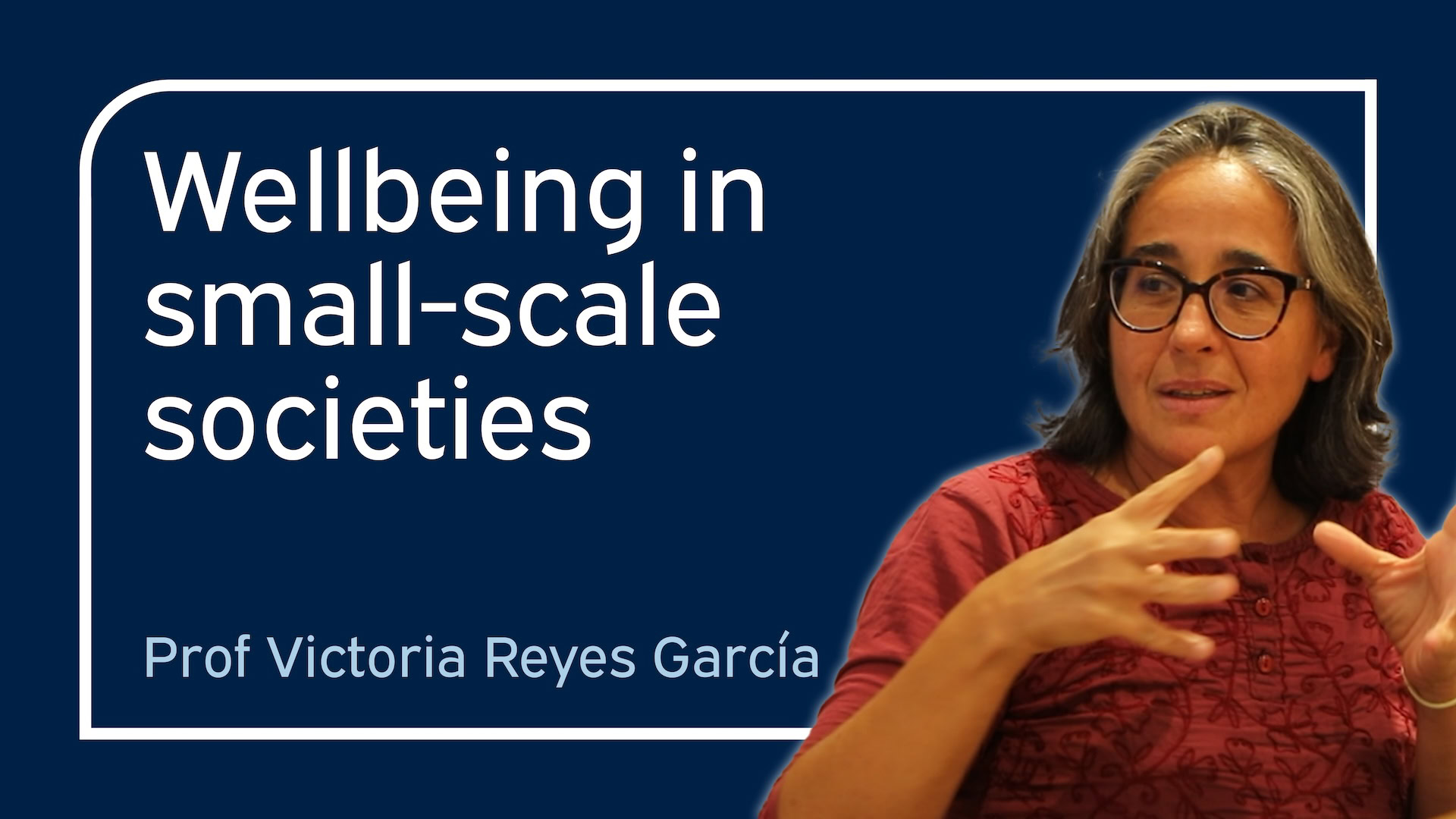Redzo Mujcic and Andrew Oswald
Abstract
Humans hate being monitored. Autonomy is prized—including by research scientists. Yet little is known about a fundamental issue in the modern world: What is happening to job autonomy in today’s workplaces as people move from youth on to middle age and then on to older ages? It would be natural to believe that individuals in the second half of their careers would be the senior ones with high autonomy. We provide evidence that such a belief is wrong. This study uses longitudinal data on hundreds of thousands of randomly sampled individuals, in three rich countries, who are followed through their working lives (n > 400,000). Workers’ feelings of job autonomy trace out a smooth concave parabola, increasing up to midlife, until approximately the surprisingly early age of 40, and then collapsing over the ensuing twenty to 30 y of a person’s working life. This is apparently not an illusion. We show that objective measures of autonomy—signified by managerial and supervisory job titles, for example—behave in a matching, hump-shaped way. As a further check, consistent qualitative evidence is given: a survey we ran asking managers about their experiences. We believe this paper’s results represent a foundational, essentially unknown, and intrinsically cross-disciplinary puzzle.

